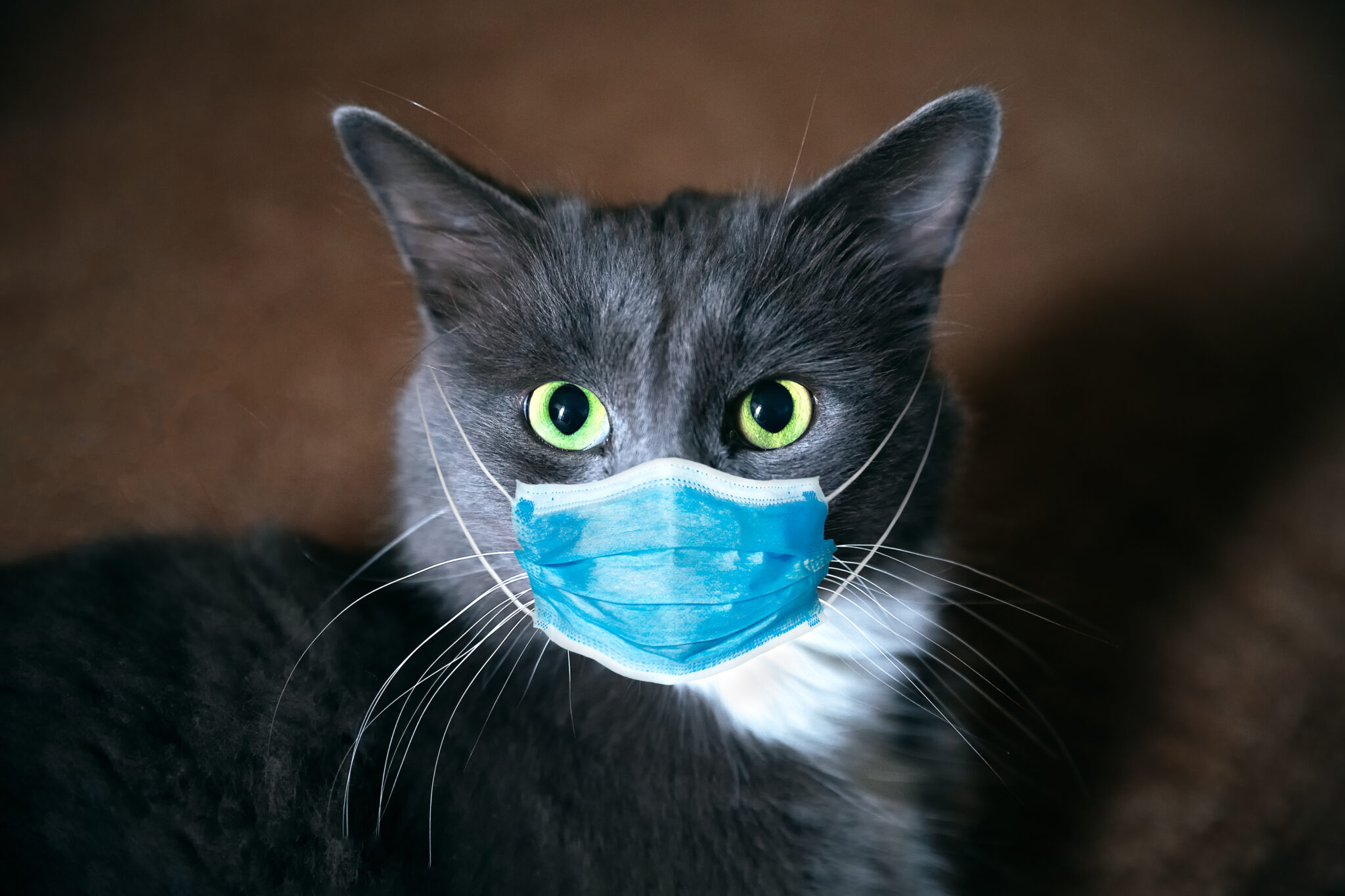Covid 19 cats
Since the beginning of the epidemic of coronavirus, the question of the transmission of the virus to the pets is more and more studied. Recent research has provided a clear answer to pet owners: yes, covid-19 can indeed be transmitted to our little companions. But if dogs and cats in particular can be infected, a new study reveals that our feline friends are even more sensitive to it.
A study based on antibody research
Dr. Hinh Ly, a veterinary and biomedical researcher at the University of Minnesota (USA), teamed up with his wife, researcher Yuying Liang, in the spring of 2020 to find out how SARS-CoV-2 (the virus that causes Covid-19) has affected dogs and cats since the start of the pandemic.
To do this, through the anonymous participation of clients of a veterinary clinic, they collected urine and blood samples from 510 dogs and 239 cats. All over a period of about a month and a half, from mid-April to early June of the year 2020. The objective of this research? To detect the presence of antibodies, a sign that the animals have been infected by the virus.
And the results are surprising. Indeed, they discovered that 8% of cats had antibodies against the coronavirus, while less than 1% of dogs had antibodies. It seems that cats are more likely to contract the virus than dogs.
However, as Dr. Ly told the New York Times, "it is also not known whether the infected pet cats were living indoors or outdoors, or to what extent the virus was transmissible from one cat to another".
Why are cats so susceptible?
The question is: why are cats more infected with SARS-CoV-2 than dogs? No scientific answer to this question has yet been found. However, some hypotheses have emerged.
The first hypothesis is that the genetic sequence of cats is involved. Indeed, they would possess on the surface of their cells the ACE2 protein which would be particularly receptive of the coronavirus, just as it is the case in the humans.
A second, less scientific explanation has also appeared. According to Dr. Ly, it may simply be because we cuddle cats more than dogs. Not only are our feline friends often petted and kissed, but they also sleep in our beds or on our sofas. A physical proximity with humans that is less common with dogs and could therefore be the cause of greater contamination.
A recent study had besides been able to observe results similar to the study of Dr. Ly, namely that cats contracted more often the coronavirus of their humans than dogs (67% of cats against 43% of dogs).
But then what to do? Is it necessary to caress less his cat to protect him? Well, yes... But reassure you, only if you have discovered that you are infected by the Covid-19! In this case, until your symptoms disappear, avoid any close contact with your fur ball. And remember, it's for his own good!
What can i do to protect the health of my cat and my family?
In order to minimize the risk of contamination, the same rules apply for your entourage and for your cat :
1. Wash your hands with soap and water after every contact with your cat
2. Sneeze into your elbow
3. Avoid kissing your cat... no matter how cute he or she is (the same goes for your family and friends)
4. Regularly wash your cat's bedding at high temperatures. Also wash other surfaces your cat may come in contact with
5. Disinfect the litter box regularly and wear disposable gloves when cleaning
Loving and educating your pet also means protecting it against the hazards of life. This is why we strongly recommend that you take out health insurance as soon as possible. This will save you astronomical veterinary fees in case of accident or illness.


